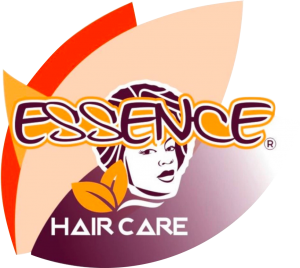Frequently Asked Questions
- What are the essential hair care products I should use regularly?
Essential hair care products include shampoo, conditioner, and occasional treatments such as hair masks or oils. - How often should I shampoo my hair?
It depends on your hair type and lifestyle. Generally, shampooing every 2-3 days is suitable for most people, but some may need to do it more or less frequently. - What should I look for in a shampoo and conditioner?
Look for products that match your hair type (dry, oily, curly, straight) and address any specific concerns you have (such as dandruff, color protection, or damage repair). Ingredients like keratin, argan oil, and biotin can also be beneficial. - Can I use conditioner every day?
Yes, you can use conditioner every day, but it’s not always necessary. If your hair tends to be dry or damaged, using conditioner regularly can help maintain moisture and improve manageability. - What’s the difference between leave-in conditioner and regular conditioner?
Leave-in conditioner is designed to be left in the hair without rinsing, providing ongoing moisture and protection. Regular conditioner is meant to be rinsed out after a few minutes and provides more intense conditioning benefits. - Are there any natural remedies for dandruff?
Yes, natural remedies like tea tree oil, apple cider vinegar, and aloe vera can help alleviate dandruff symptoms. However, if dandruff persists, it’s essential to consult a dermatologist. - How often should I use hair masks or treatments?
It depends on your hair’s condition and needs. Some people use hair masks once a week for deep conditioning, while others may only need them monthly. Pay attention to your hair’s response and adjust accordingly. - Do hair serums really work?
Yes, hair serums can be effective for taming frizz, adding shine, and protecting hair from heat styling and environmental damage. Look for serums with ingredients like silicone, argan oil, or coconut oil for best results. - Can I use hair oil if I have oily hair?
Yes, but choose lighter oils like jojoba or grapeseed oil, and apply them sparingly to the ends of your hair to avoid weighing it down. Focus on the scalp if you’re using oil for scalp health, but use it in moderation. - How do I know if a hair product is causing my scalp irritation?
If you experience redness, itching, or flakiness after using a new hair product, it may be irritating your scalp. Discontinue use and consult a dermatologist if symptoms persist. - What’s the best way to prevent hair breakage?
Avoid over-styling with heat tools, minimise brushing when hair is wet, use a wide-tooth comb to detangle, and incorporate regular deep conditioning treatments into your routine to keep hair strong and resilient. - Can I use hair products meant for one hair type on a different hair type?
It’s generally best to use products formulated for your specific hair type, as they’re designed to address its unique needs. However, some versatile products may work for multiple hair types. - Are sulfate-free shampoos better for my hair?
Sulfate-free shampoos can be gentler on the hair and scalp, particularly for those with sensitive skin or dry hair. They’re also less likely to strip away natural oils, making them a popular choice for many people. - What’s the difference between dry shampoo and regular shampoo?
Dry shampoo is a powder or spray used to absorb excess oil and refresh hair between washes, while regular shampoo is formulated to cleanse the hair and scalp by removing dirt, oil, and product buildup with water.
